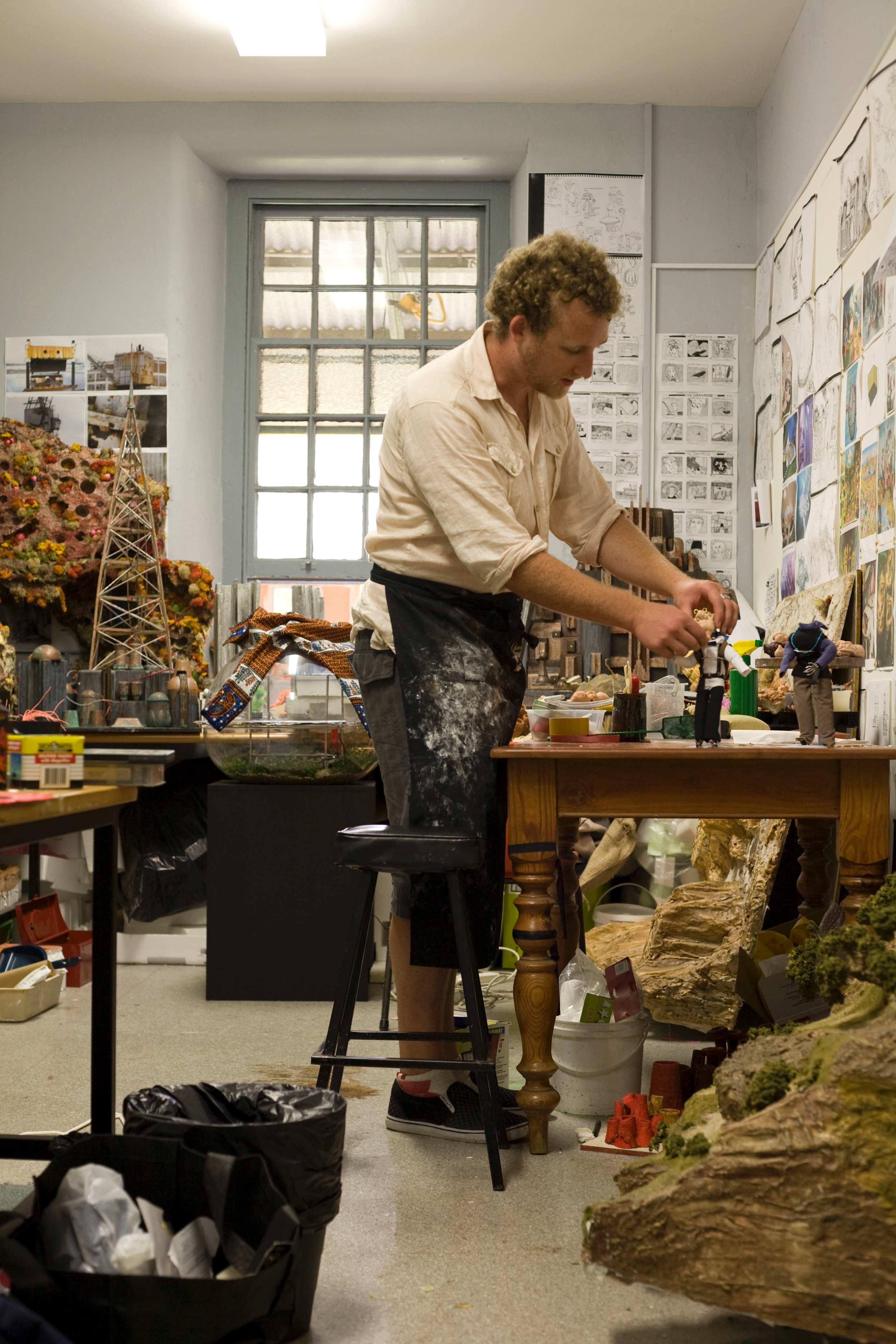Choosing volunteer roles
Once you have a suitable role in mind, check out these sites
Volunteering provides the opportunity to contribute to the community and build the skills employers value while studying.
Volunteering is unpaid work, generally with not-for-profit or community-based organisations both in Australia and overseas. Volunteer roles can also be positions of responsibility within clubs and societies, many of which can be found on campus, and they can be related to either personal or professional interests and goals.

Graduate employers prefer to hire 'well-rounded' graduates. This means they look for graduates who have not just performed well academically, but have engaged in a variety of activities other than their studies. Volunteering gives you the chance to:
To find volunteering roles, you can either search within a specific cause, sector or organisation, or use your networks to create opportunities. For example, if you are a member of a sporting club you could volunteer to create a newsletter for members or assist them with their bookkeeping.
When looking for volunteer work, search for a role and a cause that you feel passionate about. You should do your research and consider the following questions:
Once you have a suitable role in mind, check out these sites
Extracurricular activities are any activities you engage in outside of your studies, such as sporting, public speaking, special interest groups, the arts, political, educational, environmental, community or cultural activities.
Employers love to see extracurricular activities on your resume. Graduate employment application forms often ask for details of extracurricular activity, and involvement in extracurricular activity can demonstrate highly sought-after skills such as initiative, drive, leadership, teamwork, communication and interpersonal skills.
Extracurricular activities provide valuable networking opportunities, so get involved with one or more of the many clubs and societies on campus. Clubs and societies welcome new members and participants. All it usually takes is a visit, an email or a phone call. You can also search online for any area of personal or professional interest, such as, ‘Chess Clubs’ and ‘Toastmasters’.
Browse these websites for opportunities